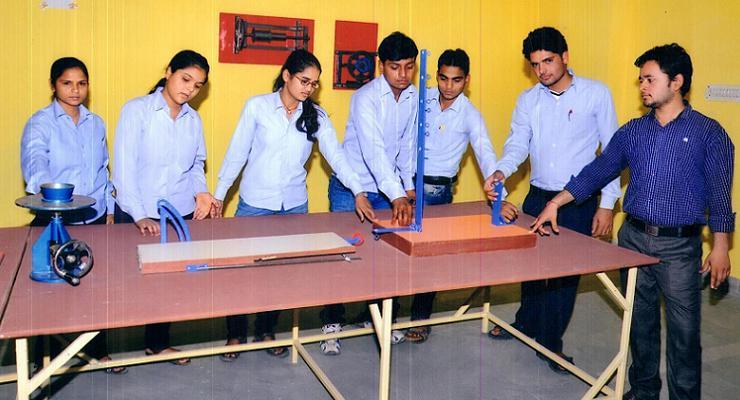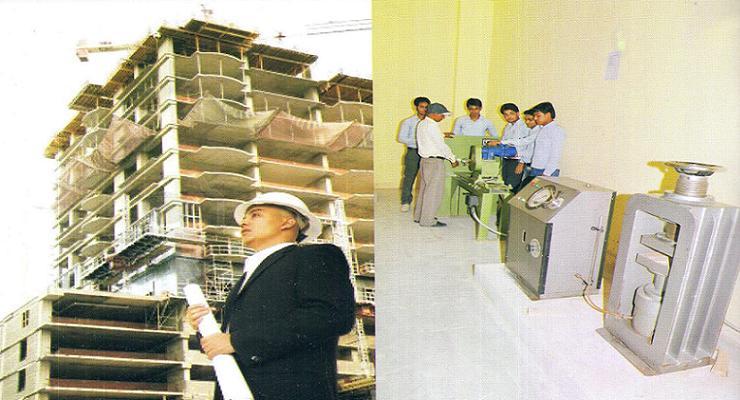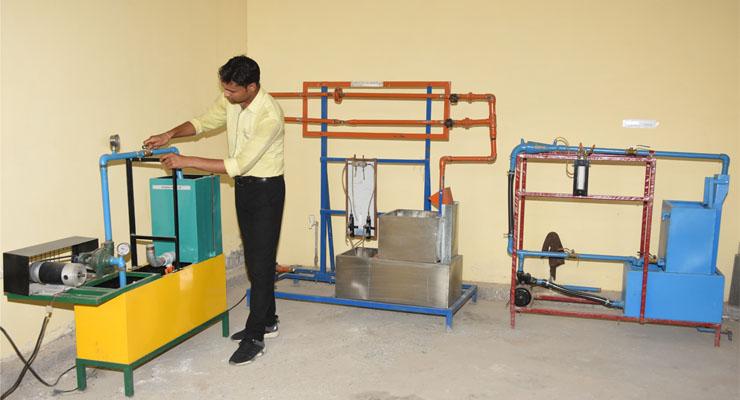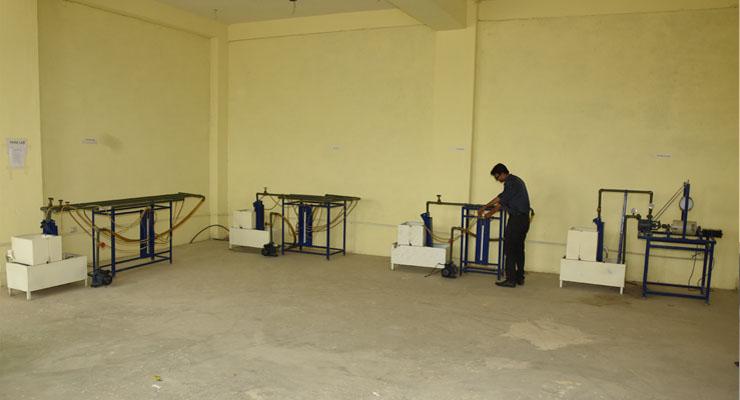News and Events
REAP


Faculty
- Departments of Civil Engineering
- Departments of Mechanical Engineering
- Departments of Electrical Engineering
- Departments of Computer Science & Engineering
- Departments of Applied Science
Department of Computer Science & Engineering
Civil Engineers plan design, construct and operate the facilities essential for modern life ranging from bridges and highway systems to water treatment plants and energy efficient buildings. Civil engineers are problem solvers, meeting the challenges of pollution, traffic congestion, drinking water and energy needs, urban re-development and community planning. Among the important sub-division of the field are construction engineering, irrigation engineering, transportation engineering, soil and foundation engineering, geodetic engineering, hydraulic engineering and coastal and ocean engineering. The civil engineering is the broadest of all the engineering fields which focuses on the infrastructure of the world.
Engineering Department is augmented with the Industrial Training of 6-7 weeks along with visits to different organizations. This provides the opportunity to students to get familiar with the field practice. Also, a Surveying Camp is held for the field work. The main aim is that at the end of the completion of course, Civil Engineering graduates will be able to analyze and solve engineering problems with confidence and take care of the requirements of the industry and society.
Vision
To become a leading center of excellence in Civil Engineering education that is highly recognized at national and international levels as well as contributes to the latest technological advancements for the sustainable development of the society.
Mission
To develop a civil engineering professional of ethics & moral who can compete globally in the ever changing engineering environment, which is acceptable to the society.
Programme Educational Objectives (PEO)
- Student functions effectively as civil engineering professional in industry, government or other organizations, designing, improving, leading and implementing efficient civil engineering practices.
- Students are able to apply acquired skills in developing safe, sustainable, economical and environmentally sound solutions to civil engineering problems either within the profession or through post-graduate research.
- Students apply their broad civil engineering education to effectively communicate civil engineering concepts orally and in written forms.
- Students grow professionally in their careers through continued development of technical and management skills, achievement of professional licensure, and assumption of roles of responsibility in professional service.
Programme Educational Outcomes (PO)
- An ability to apply knowledge of mathematics, science, and engineering.
- An ability to identify, formulate and solve engineering problems.
- The broad education necessary to develop and understand the impact of engineering solutions in a global, economic, environmental, and societal context.
- An ability to design and conduct experiments as well as analyze and interpret data.
- An ability to use the techniques, skills, and modern engineering tools necessary for engineering practice.
- Knowledge of current societal issues.
- An ability to design a system, component, or process to meet desired needs within realistic constraints such as economic, environmental, social, political, ethical, health and safety, manufacturability, and sustainability.
- An understanding of professional and ethical responsibility.
- An ability to communicate effectively.
- An ability to use project and finance management tools to control and execute various projects.
- A recognition of the need for, and an ability to engage in life-long learning.
Labs & Facilities
This discipline refers to the construction of Buildings, Bridges, Roads, Airports, Railways, Dams, Canals, Water Supply and Sewage Treatment plants. All such activities are accomplished under the broad categories of Surveying, Geotechnical Engineering, Structural Engineering, Environmental Engineering and Hydraulics Engineering etc. To reach to the industries requirement Department has many Laboratories such as:
- Survey Lab
- Civil Engineering Materials Lab
- Engineering Geology Lab
- Geotechnical Engineering Lab
- Structural Analysis Lab
- Transportation Engineering Lab
- Soil Mechanics Lab
- Strength of material lab
- Concrete Technology lab
- Fluid mechanics lab
Along with practical exposure department is stringent in imparting the software training to match the pace of changing requirements. These training are arranged in respect of Staad-Pro, Auto CAD Computer Engineering Graphics, Prima Veera / M S Project , Sewer CAD , Water CAD.





